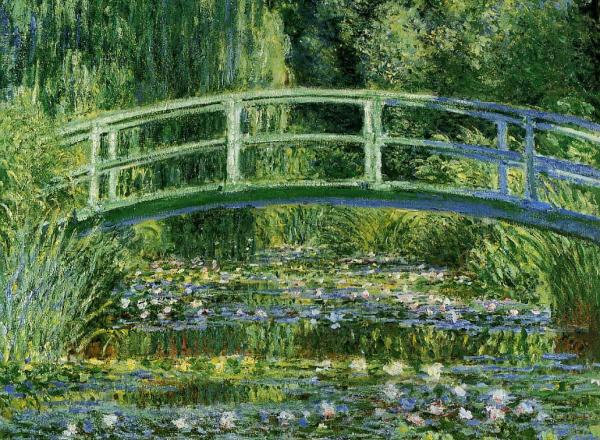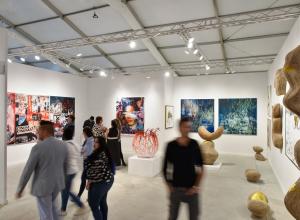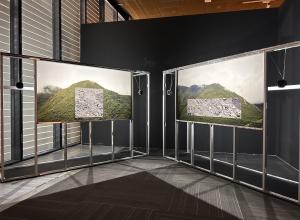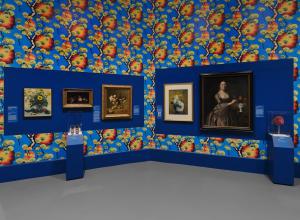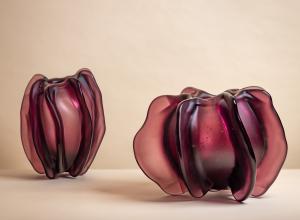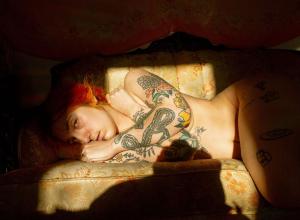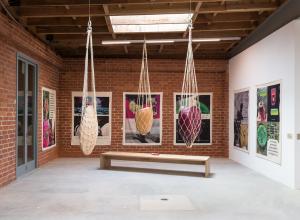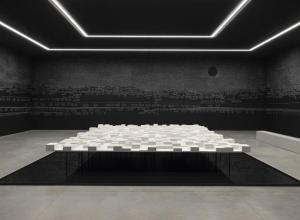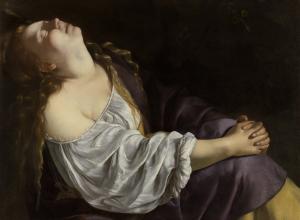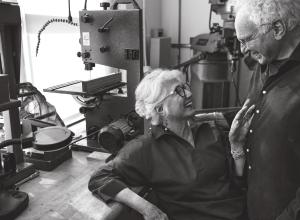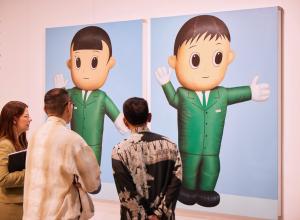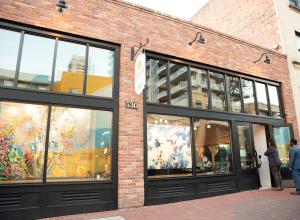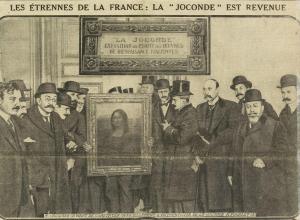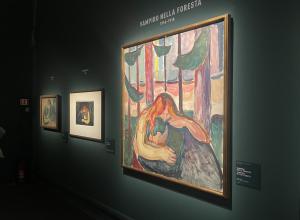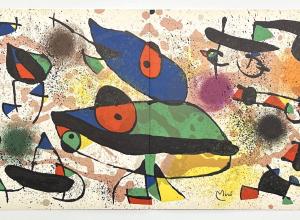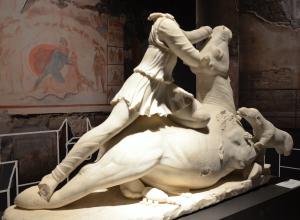B.J.O. Nordfeldt: American Internationalist, on view at the Weisman Art Museum, features work from WAM and fifteen museum and private collections, including the Metropolitan Museum of Art, The Hirshhorn Museum, and the University of New Mexico Art Museum. The exhibition also highlights an artist whose family played a small but important role in shaping the institution that WAM is today.
Art News
Indiana Jones is a terrible archeologist. Yet, despite the films having next to nothing to do with actual archeological work, he is somehow the most famous icon of the field. Those within the field might perhaps be able to console themselves with the hollow comfort that “all press is good press.” But when the primary poster child of one’s field has dedicated their life to being an ethical and moral nightmare gussied up under the mask of a heartthrob’s charming smile, the sentiment rings a bit too dissonantly.
There's no doubt that the statues by Baroque sculptor Gian Lorenzo Bernini were markedly sensual, which might seem paradoxical in the era of the Counter-Reformation and for an artist whose main patrons were part of the ecclesiastical aristocracy.
While much of modern lace is loomed by machine, until the mid-nineteenth century, the art of lacemaking was a painstaking and time-consuming craft produced predominantly by women. Despite being a product of a domestic pastime, lace ruled both fashion and international markets for centuries. Flourishing trade and boosting economies, lace was highly sought after by monarchs, clergy, and the working class. Through the study of its inception, tools, and techniques, this article presents a brief history of lace and its unknown makers.
An interior view of Matisse’s atelier in the Parisian suburb of Issy-les-Moulineaux, "The Red Studio" (1911) serves as the centerpiece for an impressive feat of scholarship that gathers photographs, documents, and ephemera related to the painting’s creation, along with a video on its conservation.
The Chavín are perhaps best known for their peculiar artistic style and iconography—one that depicts amalgamations of humans, plants, and animals in tortuous and stylized forms that act as both a puzzle for the viewer and a detailed map of the cosmological and spiritual ideologies of the Chavín.
Gentileschi’s Judith stands out because it shows the act of a woman forcefully decapitating a man. One could argue that any depiction of this tale is inherently violent. And yet, many believe Gentileschi’s deliberate inclusion of female brutality sends a feminist message that is absent from other iterations.
Silenced by the pandemic last year, The Whitney Biennial returns with an exhibition appropriately named Quiet as It’s Kept. The title seems intended to acknowledge an art world suffering from its own version of long Covid after the lockdown blew a gaping hole in the zeitgeist.
The International Center of Photography (ICP) will present a major retrospective exhibition of the work of the multifaceted artist William Klein. "William Klein: YES; Photographs, Paintings, Films, 1948–2013" will feature nearly 300 works, filling ICP’s galleries with media from Klein’s expansive and boundary-pushing six-decade career.
Monet was a master painter whose works are synonymous with the Impressionist movement he helped found. An avid experimenter, he was known for painting the same subjects over and over, drawing inspiration from the unique qualities of color and light he observed each time he sat down to paint.













